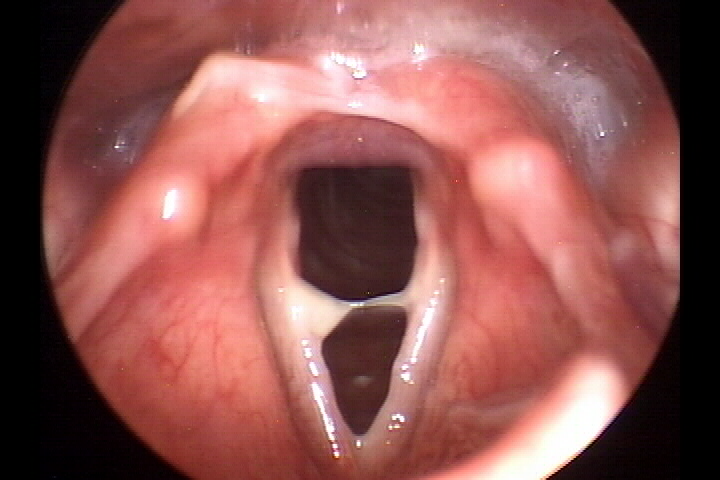Acute laryngitis occurs when the vocal cords become swollen and irritated, leading to hoarseness, throat discomfort, and sometimes a dry or mildly productive cough. Viral infections, similar to the common cold, may cause it. Still, it can also result from voice overuse (like yelling or singing too much), allergies, acid reflux, or exposure to smoke and pollution. When the vocal cords swell, they vibrate differently, making the voice sound raspy or weak.
Most cases of acute laryngitis resolve independently within a week or two. Resting the voice, staying well-hydrated, using a humidifier, and avoiding irritants (such as smoking and alcohol) can help with recovery. Over-the-counter pain relievers and throat lozenges may also provide relief. If hoarseness lasts longer than two weeks, seeing a doctor to rule out more serious conditions is important. In some cases, bacterial infections may cause laryngitis, requiring antibiotics, though this is less common. If left untreated, repeated episodes of acute laryngitis can contribute to chronic voice problems.
If the voice does not improve after two weeks, a laryngologist should evaluate the vocal fold function for vocal fold bleeding.

Acute Laryngitis

 YouTube Channel
YouTube Channel
